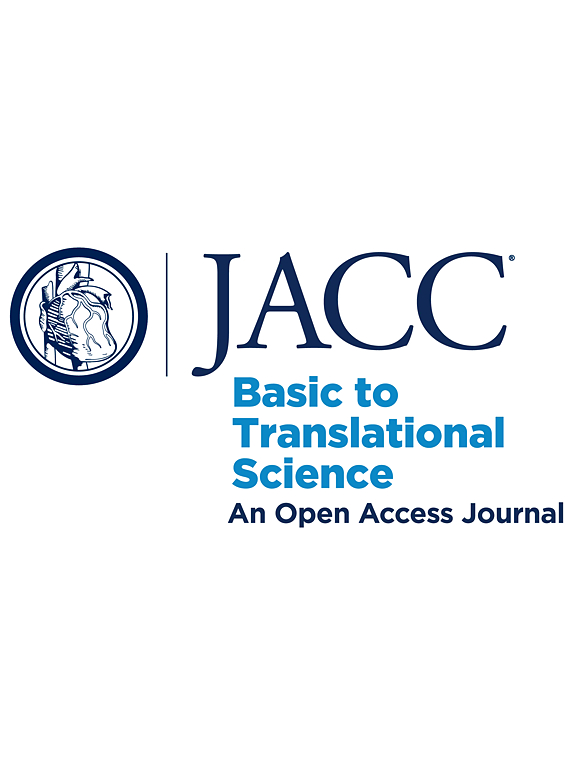Congenital Heart Diseases and Neurodevelopmental Disorders
IF 8.4
1区 医学
Q1 CARDIAC & CARDIOVASCULAR SYSTEMS
引用次数: 0
Abstract
Congenital heart disease (CHD) is the primary cause of birth defects, affecting 9 per 1,000 live births. Up to 50% of them will develop neurodevelopmental disorders, two-thirds of which being unexplained by postnatal risk factors. Recent advances suggest a triangular relationship between the placenta and the fetal heart and brain in CHD, consistent with the Developmental Origins of Health and Disease hypothesis, ie, the in utero programming of early and later-in-life noncommunicable cardiometabolic and mental diseases. The current review provides comprehensive evidence of placental, cardiac, and cerebral tissues interactions, and details how placental dysregulation may affect vasculogenesis, angiogenesis and neural tube closure, hemodynamics, energy supply, endocrine function, and epigenetic regulation of the developing heart and brain. Future studies should include placental research, since identifying placental biomarkers would allow early identification of CHD infants at higher risk for neurodevelopmental disorders, leading to targeted preventive personalized interventions.
先天性心脏病和神经发育障碍:通过DOHaD假说的新见解。
先天性心脏病(CHD)是导致出生缺陷的主要原因,每1,000个活产婴儿中就有9个受到影响。其中高达50%的人会出现神经发育障碍,其中三分之二无法用产后风险因素解释。最近的进展表明,在冠心病中,胎盘与胎儿心脏和大脑之间存在三角关系,这与健康和疾病的发育起源假说相一致,即早期和后期非传染性心脏代谢和精神疾病的子宫编程。目前的综述提供了胎盘、心脏和大脑组织相互作用的全面证据,并详细介绍了胎盘失调如何影响血管生成、血管生成和神经管闭合、血流动力学、能量供应、内分泌功能和发育中的心脏和大脑的表观遗传调节。未来的研究应包括胎盘研究,因为确定胎盘生物标志物将允许早期识别具有较高神经发育障碍风险的CHD婴儿,从而导致有针对性的预防性个性化干预。
本文章由计算机程序翻译,如有差异,请以英文原文为准。
求助全文
约1分钟内获得全文
求助全文
来源期刊

JACC: Basic to Translational Science
CARDIAC & CARDIOVASCULAR SYSTEMS-
CiteScore
14.20
自引率
1.00%
发文量
161
审稿时长
16 weeks
期刊介绍:
JACC: Basic to Translational Science is an open access journal that is part of the renowned Journal of the American College of Cardiology (JACC). It focuses on advancing the field of Translational Cardiovascular Medicine and aims to accelerate the translation of new scientific discoveries into therapies that improve outcomes for patients with or at risk for Cardiovascular Disease. The journal covers thematic areas such as pre-clinical research, clinical trials, personalized medicine, novel drugs, devices, and biologics, proteomics, genomics, and metabolomics, as well as early phase clinical trial methodology.
 求助内容:
求助内容: 应助结果提醒方式:
应助结果提醒方式:


